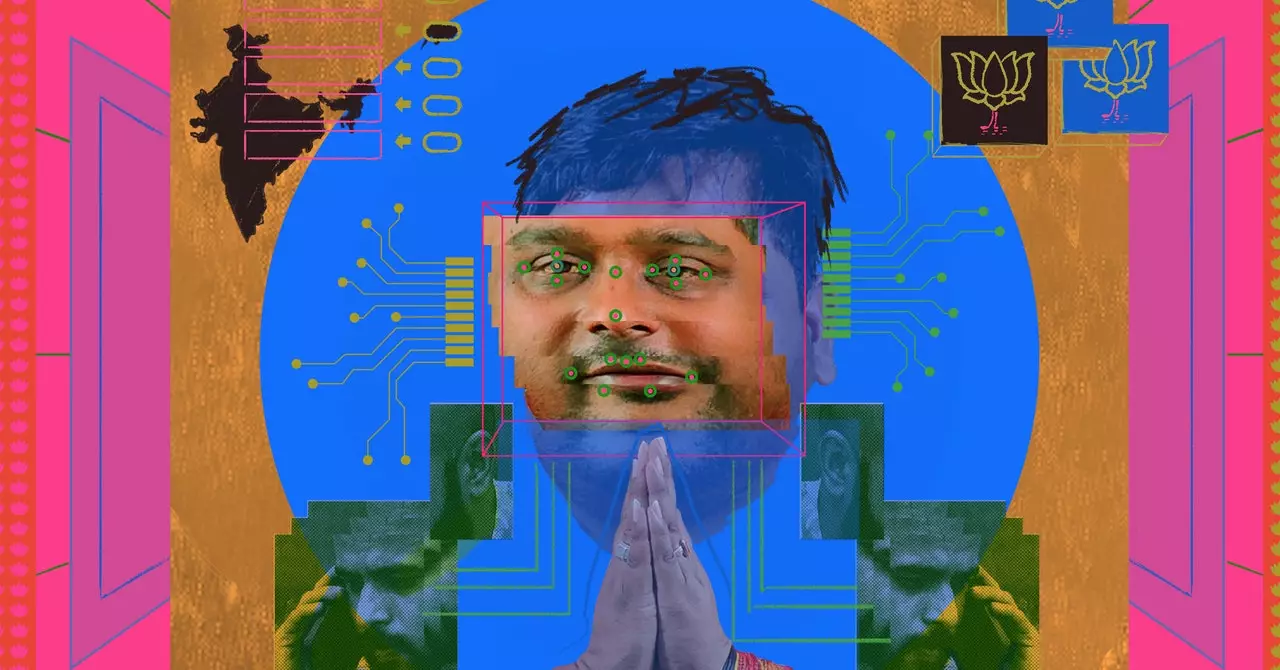In the scorching heat of an April afternoon in Ajmer, a city in the Indian state of Rajasthan, local politician Shakti Singh Rathore experienced the complexities of deepfake technology first-hand. In a bid to connect with voters, Rathore sat down for a video shoot where he was cloned using artificial intelligence. This marked a turning point in Indian politics, as technology and politics intersected in a unique and potentially controversial manner.
Deepfakes have become a powerful tool for Indian politicians seeking to engage with voters on a more personalized level. With a vast population speaking multiple languages and dialects, AI has enabled politicians to navigate this linguistic diversity and deliver tailored messages to different communities. While deepfakes have been a subject of concern globally due to misinformation and disinformation, Indian politicians have leveraged this technology for voter outreach, seeking to sway opinions and secure electoral victories.
The emergence of deepfake service providers in India, such as Polymath Synthetic Media Solutions, highlights the growing industry catering to political campaigns. Companies like Polymath have enabled politicians to create AI-generated clones for campaign purposes, allowing them to reach a wider audience and deliver targeted messages. This shift towards digital campaigning signifies a new era in Indian politics, where technology plays a pivotal role in shaping electoral outcomes.
While AI-driven deepfakes offer a novel approach to political campaigning, they also raise ethical concerns regarding the authenticity of information and the manipulation of voters. The use of deepfake technology blurs the lines between reality and fiction, potentially misleading voters and distorting democratic processes. As politicians increasingly rely on deepfakes to connect with constituents, there is a pressing need to address the ethical implications of such technological advancements in the political sphere.
As Indian politics embraces deepfake technology, the landscape of electoral campaigning is set to undergo significant transformation. With AI-generated voice clone calls becoming a multimillion-dollar industry, the influence of deepfakes on voter behavior and decision-making cannot be ignored. As politicians like Shakti Singh Rathore leverage deepfake technology to engage with voters, the future of Indian elections lies at the crossroads of innovation and ethical considerations.
The rise of deepfake technology in Indian politics represents a double-edged sword, offering new opportunities for engagement while posing ethical challenges for the democratic process. As politicians navigate this technological terrain, the impact of deepfakes on electoral outcomes and voter perceptions remains a critical issue. It is essential for policymakers, technology experts, and citizens alike to engage in dialogue and debate on the role of deepfake technology in shaping the future of Indian democracy.


Leave a Reply